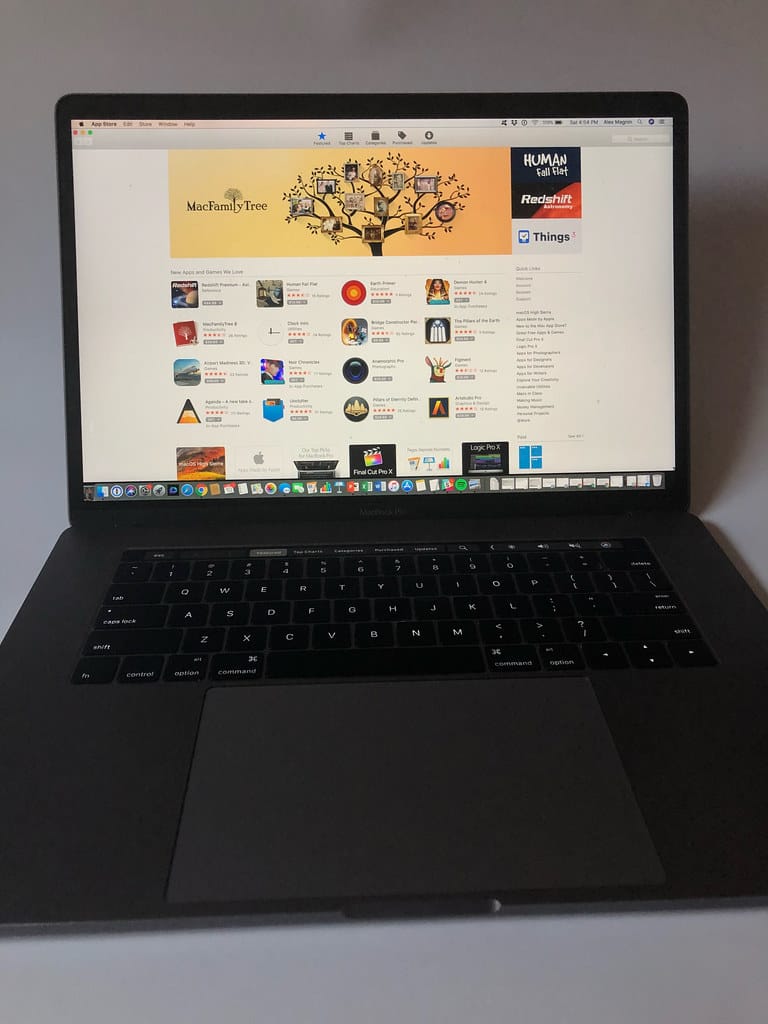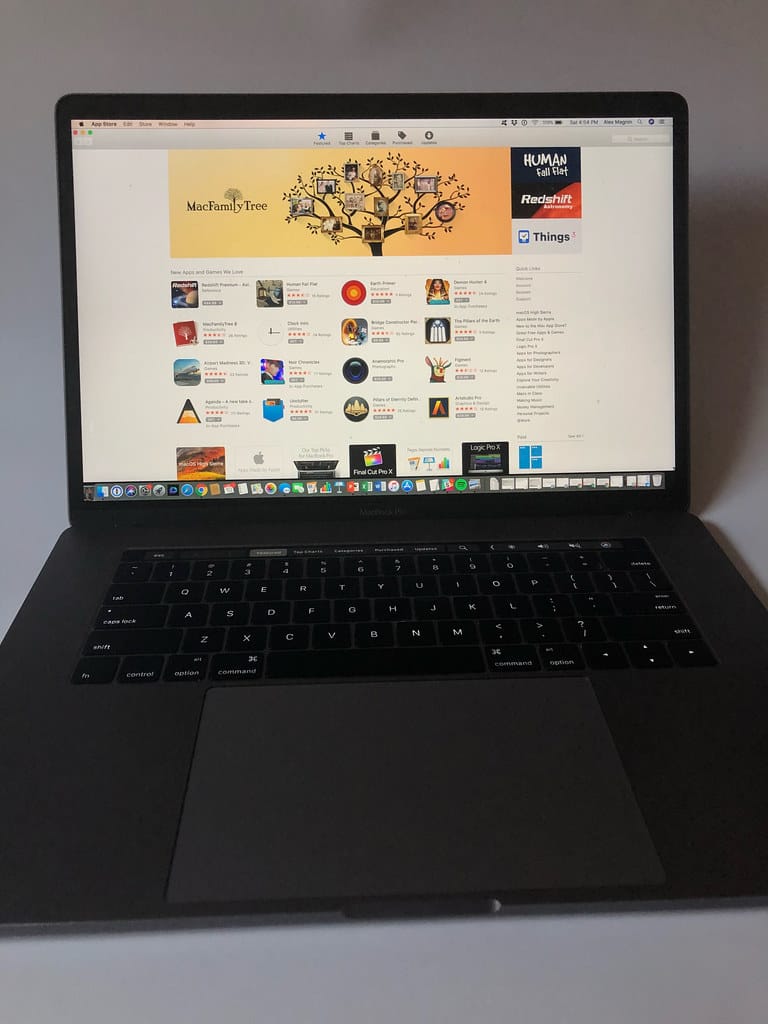Apple's Budget MacBook Revolution: Sub-$999 Laptop with iPhone Chip Could Transform the Market
Apple appears ready to shake up the laptop market with plans for its first sub-$999 MacBook, powered by the same chip technology that drives iPhones, according to a new analyst report. This strategic move could democratize access to Apple's premium computing ecosystem while intensifying competition in the budget laptop segment.
The iPhone Chip Strategy: Performance Meets Affordability
The rumored budget MacBook would leverage Apple's A-series processors—the same silicon powering iPhones and iPads—rather than the more expensive M-series chips found in current MacBooks. This approach represents a calculated trade-off between performance and price point, potentially bringing Apple's renowned build quality and ecosystem integration to a broader audience.
Apple's A-series chips have consistently demonstrated impressive performance-per-watt ratios in mobile devices. The A17 Pro chip in the iPhone 15 Pro, for instance, delivers desktop-class performance while maintaining exceptional battery life. By adapting this technology for laptops, Apple could create a compelling value proposition without sacrificing the premium experience users expect from the brand.
Market Positioning and Competitive Landscape
Currently, Apple's most affordable laptop option is the M1 MacBook Air at $999, creating a significant price gap between Apple and budget-friendly alternatives from competitors like HP, Dell, and Lenovo. A sub-$999 MacBook would directly challenge Chromebooks and entry-level Windows laptops that dominate the education and budget-conscious consumer markets.
This pricing strategy could be particularly impactful in emerging markets and educational sectors, where cost sensitivity often outweighs brand preference. Schools and universities, which have increasingly adopted Chromebooks due to their affordability and manageability, might reconsider Apple products if the price barrier is lowered significantly.
Technical Implications and Performance Expectations
While iPhone chips excel in mobile applications, adapting them for laptop use presents unique challenges. The thermal envelope of a laptop allows for higher sustained performance compared to smartphones, potentially enabling Apple to clock the A-series processors more aggressively or implement enhanced cooling solutions.
However, users should expect some compromises compared to M-series MacBooks. These might include:
- Limited support for professional applications requiring intensive computational power
- Reduced multitasking capabilities with fewer CPU cores
- Potential restrictions on external display support or high-resolution configurations
- Different memory and storage configurations to maintain the target price point
Strategic Business Impact
This move aligns with Apple's broader strategy of expanding its services revenue and ecosystem lock-in. By lowering the entry barrier to macOS, Apple could capture users who might otherwise choose Windows or Chrome OS devices, eventually upselling them to premium hardware and services like iCloud, Apple Music, and the App Store.
The timing is particularly strategic as the global laptop market faces headwinds from economic uncertainty and changing work patterns. A budget-friendly MacBook could help Apple maintain growth momentum while competitors struggle with commoditized hardware and razor-thin margins.
Industry Response and Market Dynamics
Traditional PC manufacturers may need to reassess their strategies if Apple successfully executes this plan. The combination of Apple's brand cachet, ecosystem integration, and competitive pricing could disrupt established market dynamics, particularly in segments where Windows laptops currently dominate through price competition alone.
Component suppliers and the broader supply chain could also see significant impacts, as Apple's massive scale and purchasing power in the smartphone market could translate to cost advantages in laptop production.
Looking Forward: The Bigger Picture
If realized, Apple's sub-$999 MacBook represents more than just a new product—it signals a fundamental shift in the company's market approach. By leveraging existing chip technology and manufacturing expertise, Apple could simultaneously expand its addressable market while maintaining healthy profit margins.
The success of this strategy will ultimately depend on execution: balancing performance expectations with price constraints while maintaining the premium experience that defines the Apple brand. For consumers, it could mean unprecedented access to Apple's computing ecosystem at a price point that makes the MacBook a viable alternative to budget Windows laptops and Chromebooks.
This development bears watching closely, as it could reshape the competitive landscape and influence how other manufacturers approach the crucial sub-$1000 laptop market segment.

